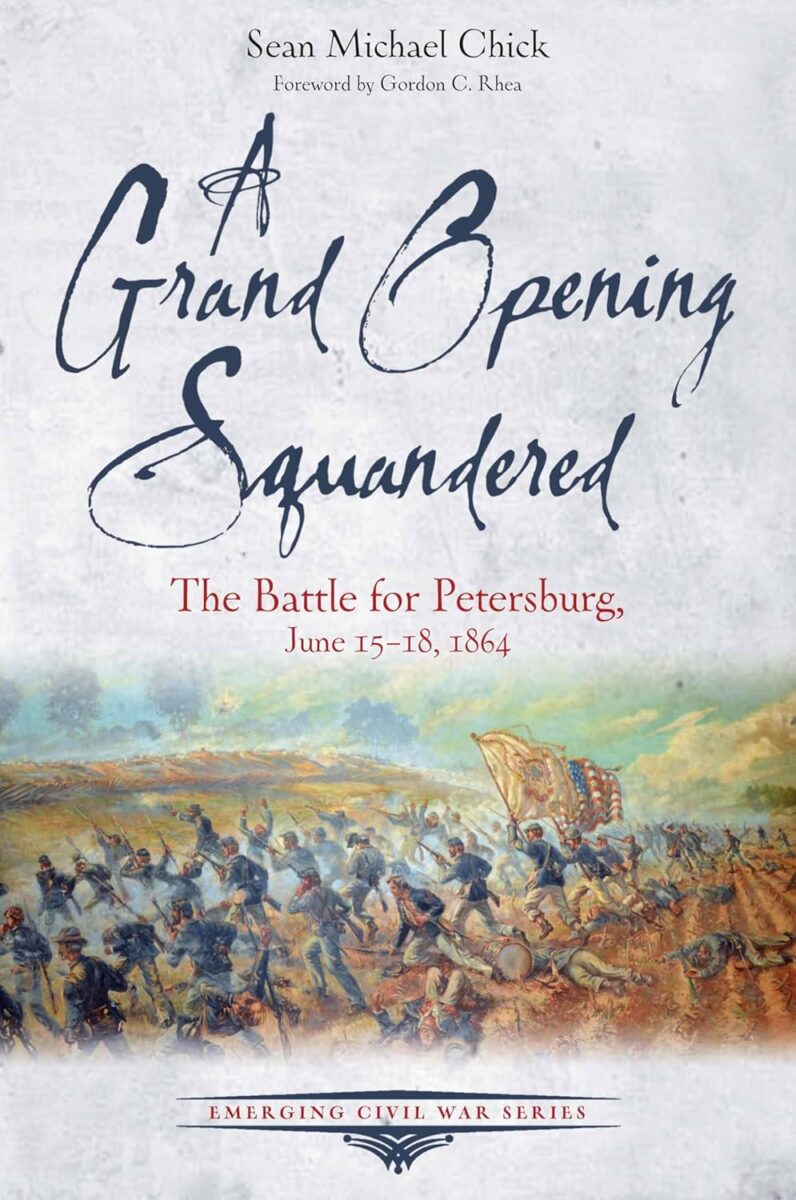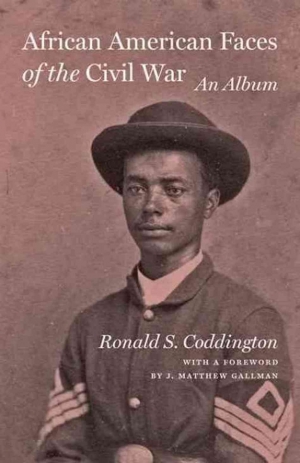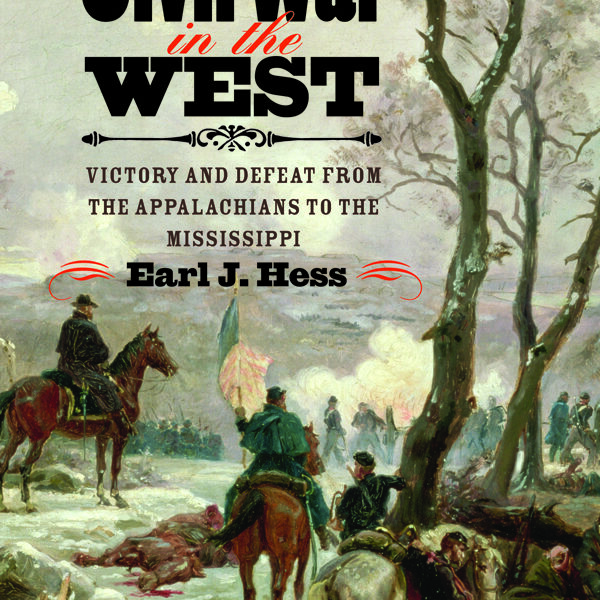In A Grand Opening Squandered, the latest entry in the Emerging Civil War Series, historian Sean Michael Chick deconstructs one of the most forgotten—and pivotal—actions of the entire Civil War: the opening salvos of the siege that brought the Confederacy to its knees.
Chick begins his account by situating the Petersburg campaign in context. The opening chapter, “The Aftermath of Cold Harbor,” stresses that the brutality of the Overland campaign had a decisive effect on the generals and soldiers at Petersburg. By mid-June 1864, the Army of the Potomac had engaged in near constant fighting through the bloodbaths at the Wilderness, Spotsylvania, North Anna, and Cold Harbor, losing tens of thousands of troops in the process. While Grant was determined to ignore the losses suffered in the campaign to press Lee and the Army of Northern Virginia to the brink, his troops, subordinates, and the public were not nearly as enthused (7). Despite having stolen a march on Lee, when elements of the federal army finally arrived outside of Petersburg on June 15, Grant’s grand strategy, like his predecessors, began to break apart.
Chick attributes the failure of the federals to take Petersburg to hesitant generals, Grant’s distance from the field, and the general fatigue of the army. To put it simply, “the Federals were simply too weakened” by the previous months of campaigning to exploit any opportunity (96). Following such units as the 1st Michigan Sharpshooters, Chick demonstrates how months of campaigning had a deleterious effect on their combat effectiveness. While the soldiers of the Union army grew hesitant in their assaults, their commanders were no more confident. Ultimately, after four days of indecisive fighting (and P.G.T. Beauregard’s repeated pleas), Lee grew wise to Grant’s intentions and shifted his army to Petersburg. Grant’s opportunity to take the Cockade City without a fight was squandered.
While Grant and other federal generals shared blame for these actions, Chick places a great amount of blame on President Lincoln. Lincoln understood that a war of attrition was what would bring the Army of Northern Virginia to its knees. However, what Lincoln failed to foresee is how such a campaign would weaken the morale and combat effectiveness of the Yankee armies. Grant would not have another opportunity to utterly defeat Lee and his army for another nine and a half months.
Six appendices supply additional information about this forgotten episode of the war’s longest siege. Two of the appendices deal with the Petersburg National Battlefield, while three add further background to key personalities and units. The final appendix, authored by Chick, treats the neglect of the battle for Petersburg in historical memory. Chick argues that Petersburg was misplaced in the larger narrative of the war because neither Lee nor Grant were at their best; further, the siege was punctuated by blunders and slaughter, rather than heroics (153). The Lost Cause, Union Cause, and reconciliationist narratives found no use for the sordid tale of Petersburg.
Using relevant primary source materials and a variety of photographs, maps, and other visuals, Chick constructs a narrative that brings to life the opening actions of the Petersburg campaign. Like other entries in the Emerging Civil War Series, A Grand Opening Squandered attempts no major revelation in the historiography; instead, Chick aims to bring to life an episode too often overlooked by historians. A Grand Opening Squandered succeeds in explaining why the battles of June 15-18, 1864, have been forgotten—and why they deserve to be remembered.
Riley Sullivan teaches history at San Jacinto College.





